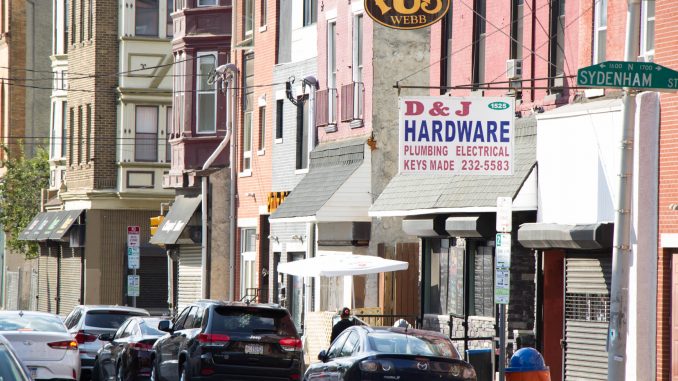
After my first submission to The Temple News where I highlighted the need to make community development more inclusive, I began my on-boarding process with the U.S. Department of Commerce’s Census Bureau as a regional technician and decennial field quality monitoring data-analyst where I was tasked with monitoring enumerator fraud.
The civic responsibility I once reserved for the Yorktown and Ludlow neighborhoods of Philadelphia grew to encompass Pennsylvania, Delaware, Maryland, Washington D.C., Virginia, West Virginia, Ohio, Kentucky and Tennessee.
Census data are used, among other purposes, to apportion the seats of the U.S. House of Representatives, redraw congressional districts in each state, and allocate billions of dollars each year in federal financial assistance.
132 federally-funded programs utilized Census Bureau data to allot over $675 billion during the 2015 fiscal year, according to the September 2017 report published by the U.S. Census Bureau.
The Department of Housing and Urban Development had several projects funded like its Section Eight Housing Choice Vouchers, Section Eight Housing Assistance Payments, Community Development Block Grants, Emergency Shelter Grants, Supportive Housing for the Elderly and Supportive Housing for Persons with Disabilities programs.
The 2020 decennial census will shape our cities and states for years to come as will harmful census disinformation which poses a threat to communities’ sustainable practices nationwide.
The Census Bureau established a “Trust & Safety” team of cybersecurity officials, community stakeholders and media to eliminate census disinformation on social media platforms. 19 percent of U.S. adults believed filling out the census will benefit them personally, 78 percent believed the census neither harms nor helps them and 3 percent say it hurts them, according to a 2019 survey by Pew Research Center
If you’re like me, you find economic sustainability necessary and might look at these stats knowing exactly how you benefit from the decennial census fund distribution.
The 2020 decennial census was the largest national field mobilization and operation in the United States. My concerns for communities’ safety took an approach similar to the Census Bureau’s Trust & Safety team. With the decennial census now complete and my operation ended, I joined The Foundation of New Human ID.
Founded by Bastian Purrer, Shuyao Kong, Sidiq Permana and Namik Muduroglu, Human ID is an open source one-click anonymous login using hashing technology to irreversibly authenticate and encrypt user data while starkly increasing the barriers to entry for online bots.
Bastian Purrer, co-founder of Human ID, is a Harvard MBA graduate and entrepreneur. He has worked with early-stage startups across six countries including Indonesia where he moved in 2015 to start LYKE, a fashion-based e-commerce company.
Purrer believes there are benefits for organizations who adopt Human ID’s technology, including minimizing false information and expanding security.
“The international presence of multinational companies will empower us to expand Human ID’s reach to users globally, including within authoritarian regimes where protection against surveillance and disinformation is critical,” Purrer said. “Human ID fosters a unique ecosystem of trust through our transparent commitment to online privacy and accountability to inspire a network effect that challenges big tech’s hold on the internet.”
I encourage community and neighborhood leaders to consider the cybersecurity of their residents, businesses and local officials by brainstorming best practices for combating disinformation online and surveying communities to determine how important they think their data and personal information are to national security.
Jacob Peck is a housing provider and President of Yorktown 2035, an early stage grassroots RCO representing the neighborhood between Cecil B. Moore and Girard Avenues and Broad and 5th streets. He can be reached at jacobphl@icloud.com.


Be the first to comment